Healthcare
Addressing anti-racism in health care is vital for the advancement, quality and dignity of both Black Canadians seeking medical support and the healthcare system. Historical racism, segregation and discrimination in Canada has created mistrust between the Black community and medical institutions. In order for healthcare systems to build on trust with the Black community, they must work from towards an Anti-racist lens. Anti-racist efforts within healthcare are not the presence of new privileges for a specific group or community but it is dismantling systemic barriers that prevents individuals, Black individuals more specifically, from receiving access, respect and treated with dignity amid health concerns.

History of Healthcare practices in Black Communities
“This came just in time to stop me from having my breast cut off”: A success case study
The story of “NAME”
“NAME” is a 60 year old African American Woman. In this report, her name has been changed to respect her confidentiality. “NAME” is an uninsured African-American woman who visited the emergency department of a Chicago hospital concerned with a breast lump. Since her prior mammograms had been normal, the emergency medicine physician suspected an infection and discharged her with antibiotics without follow-up care or diagnostic testing. When the lump persisted and further imaging indicated breast cancer, a general surgeon removed the lump and recommended a mastectomy without telling “NAME” more information about the stage of the cancer, her prognosis, or referring her to an oncologist.
Prior to this incident, the hospital had established the Metropolitan Chicago Breast Cancer Task Force. This task force was able to intervene in the case of “NAME”. The task force “NAME” abnormal mammograms and promptly referred her to a breast surgical oncologist who then diagnosed “NAME” with stage III infiltrating ductal carcinoma. “NAME” condition was able to be successfully treated without a mastectomy. “This came just in time to stop me from having my breast cut off,” “NAME” noted.
The Metropolitan Chicago Breast Cancer Task Force was established in 2008 to close the gap in the number of deaths from breast cancer between Chicago’s Black and White women. How did they do it?
First they identified gaps in access to quality breast cancer diagnosis and treatment services. The task force then initiated a city-wide public health initiative to allocate resources more equitably and expand access to care.
Key Definitions to Familiarize Yourself with
Racism
Noun,
“Prejudice, discrimination, or an antagonism by an individual, community or institution against a person or people on the basis of their membership of a particular racial or ethnic group, typically one that is a minority or marginalized”
Systemic Racism
Noun,
“the processes of racism that are embedded in laws (local, state, and federal), policies, and practices of society and its institutions that provide advantages to racial groups to racial groups deemed as superior, while differentially oppressing, disadvantaging, or otherwise neglecting racial group”
Indirect Discrimination
Noun,
“Indirect discrimination is when there’s a practice, policy or rule which applies to everyone in the same way, but it has a worse effect on some people than others.”
Colour Blind
Noun,
“The approach of treating all people the same as opposed to treating people equitably/according to their individual needs”
Social Determinants of Health
A person’s health is influenced by more than just medical, biological, or genetic factors. Social, economic, and political circumstances shape how individuals grow, live, work, and age, and end up playing an important role in the health and wellbeing of a person (PHAC, 2020). These non-medical factors are known as Social Determinants of Health (SDH).
Examples of SDH include:
DID YOU KNOW?

Black Canadians and their communities tend to experience discrimination at multiple levels of society, including individual, institutional, and societal levels. Individual-level racism may be experienced in the form of harassment, violence, and microaggressions. On the other hand, insititutional-and-societal-level racism include experiences of racial profiling; over-policing; and discrimination and under-treatment of Black communities in healthcare systems.
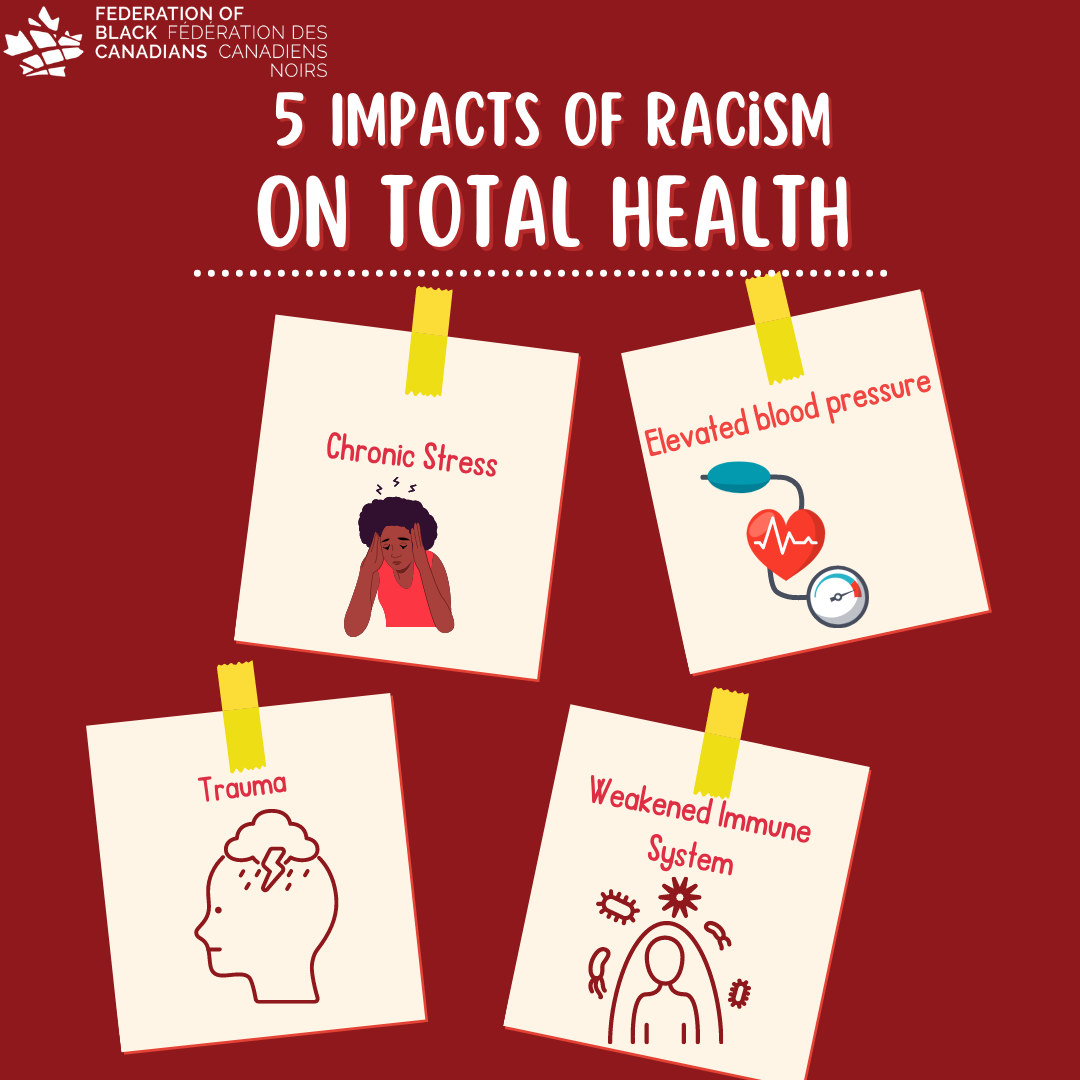
Experiences of racism can cause:
These effects ultimately elevate the risk of developing long-term health conditions such as heart and kidney diseases.
Racialized minorities in Canada have overall worse health outcomes when compared to their White counterparts:
%
of adult Black Canadians reported having fair or poor health, compared to only 11.3% of White Canadians.
%
of young Black women reported having excellent or very good mental health. However, this is significantly lower than the 77.2% excellent or very good mental health reported by young White women.
%
of adult Black Canadians reported being active or moderately active, compared to 54.2% of White Canadians.
%
higher prevalence of diabetes among Black Canadian adults than white Canadians
Black Excellence in the Medical Field
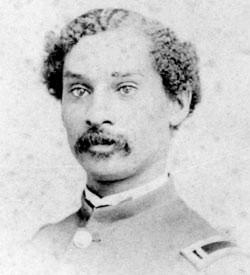
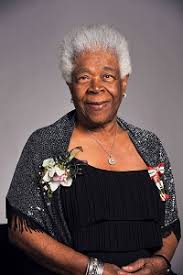
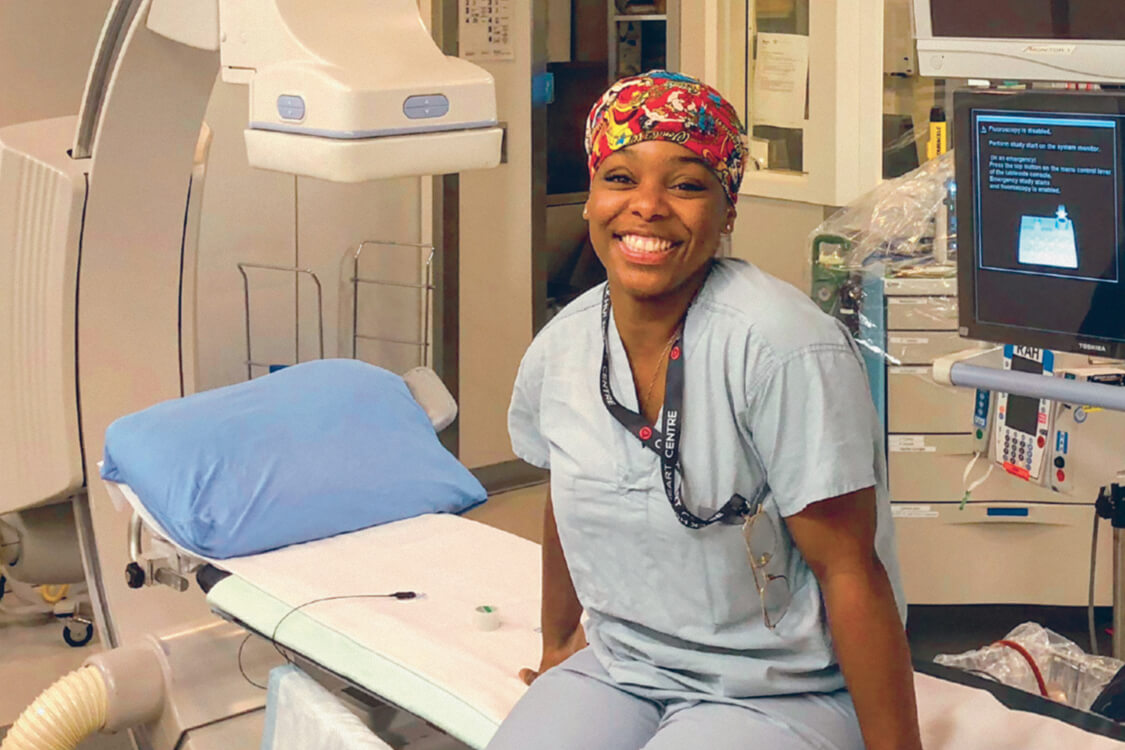

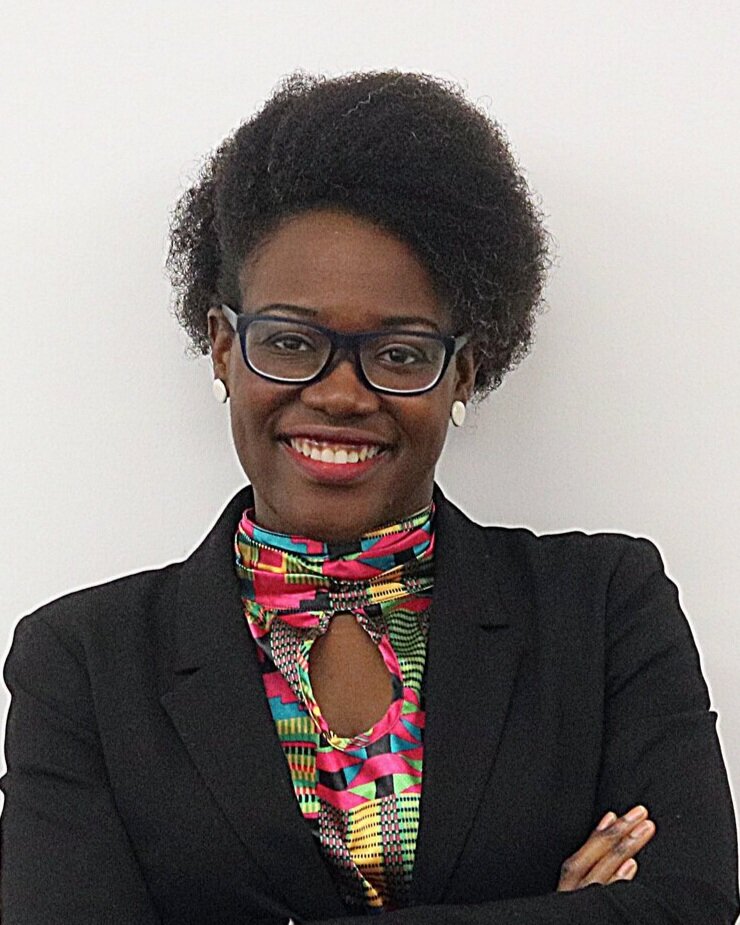


Dr. Anderson Ruffin Abbott (1837-1913)

Lillie Johnson (1922-present)

Dr. Alexandra Bastiany

Dr. Upton Allen

Dr. Onye Nnorom
Titles/Positions

Dr. Chika Oriuwa
Black Excellence in the Medical Field
Dr. Anderson Ruffin Abbott (1837-1913)
Lillie Johnson (1922-present)
Dr. Alexandra Bastiany
Dr. Upton Allen
Dr. Onye Nnorom
Titles/Positions
Dr. Chika Oriuwa
Educational Resources

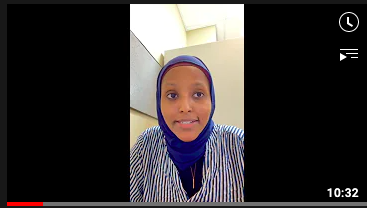
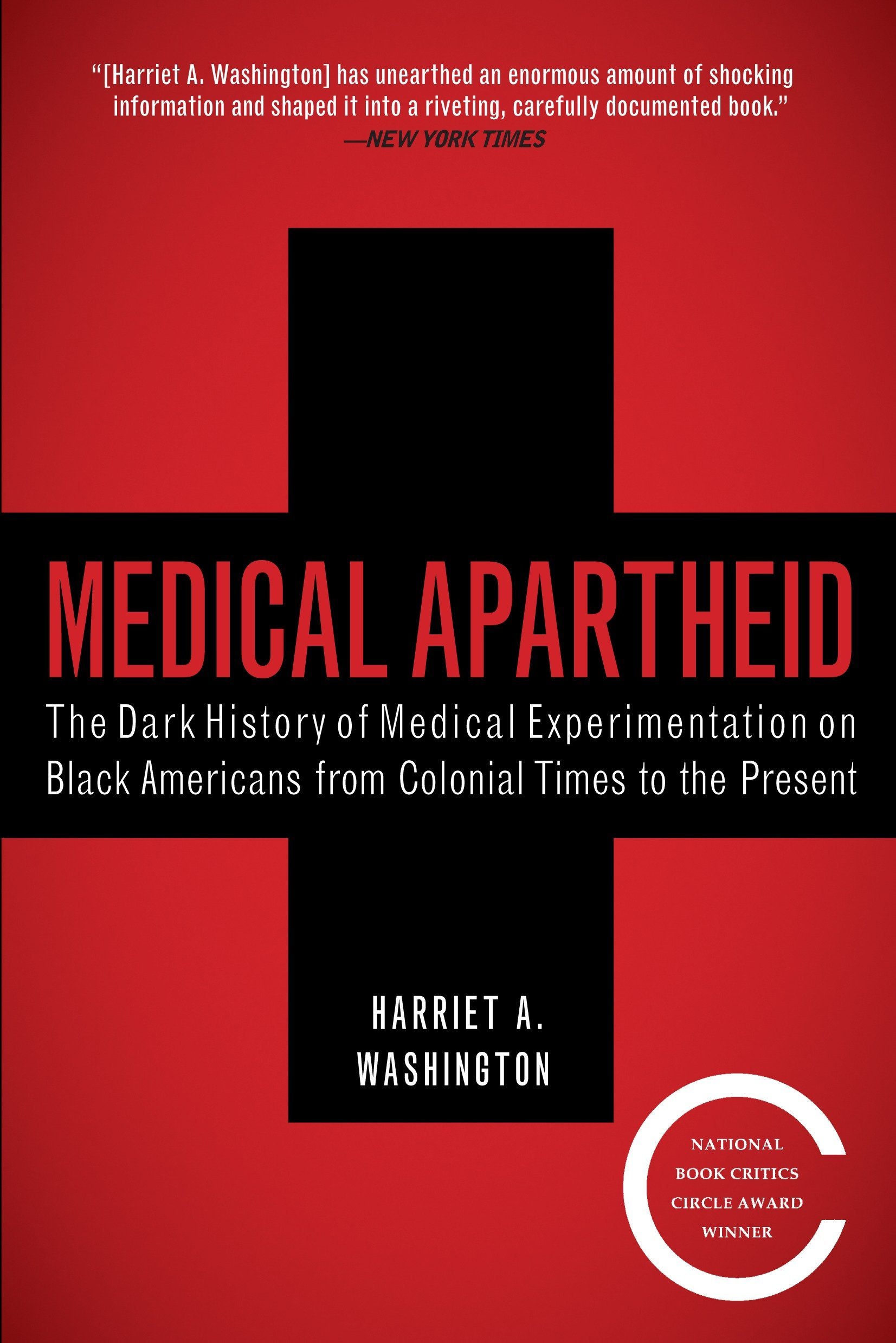
Racial Bias in Canadian Health Care
John Rivers’ healthcare experience is one of nightmares. Faiza Amin with his harrowing ordeal of misdiagnosis and lack of proper care and his belief that racial bias was a factor in his treatment.
The silent parts – Medical racism in Canada
Ubah Ahmed | TEDxHumberCollege
Ubah Ahmed is a student at McMaster University in her final year studying Medical Radiation Sciences. She addresses and educates Canadians on the racial bias that occurs within the Canadians health care system.

Medical Apartheid: The Dark History of Medical Experimentation on Black Americans from Colonial Times to the Present
By: Harriet. A Washington
From the era of slavery to the present day, the first full history of black America’s shocking mistreatment as unwilling and unwitting experimental subjects at the hands of the medical establishment. Medical Apartheid is the first and only comprehensive history of medical experimentation on African Americans. Starting with the earliest encounters between black Americans and Western medical researchers and the racist pseudoscience that resulted, it details the ways both slaves and freedmen were used in hospitals for experiments conducted without their knowledge—a tradition that continues today within some black populations.
Available on: Amazon, Audiobook, Kindle
Educational Resources
Racial Bias in Canadian Health Care
John Rivers’ healthcare experience is one of nightmares. Faiza Amin with his harrowing ordeal of misdiagnosis and lack of proper care and his belief that racial bias was a factor in his treatment.
The silent parts - Medical racism in Canada | Ubah Ahmed | TEDxHumberCollege
Ubah Ahmed is a student at McMaster University in her final year studying Medical Radiation Sciences. She addresses and educates Canadians on the racial bias that occurs within the Canadians health care system.
Medical Apartheid: The Dark History of Medical Experimentation on Black Americans from Colonial Times to the Present
By: Harriet. A Washington
From the era of slavery to the present day, the first full history of black America’s shocking mistreatment as unwilling and unwitting experimental subjects at the hands of the medical establishment. Medical Apartheid is the first and only comprehensive history of medical experimentation on African Americans. Starting with the earliest encounters between black Americans and Western medical researchers and the racist pseudoscience that resulted, it details the ways both slaves and freedmen were used in hospitals for experiments conducted without their knowledge—a tradition that continues today within some black populations.
Available on: Amazon, Audiobook, Kindle
Mental Health Supports and Medical Resources
| Name | Description | Region Based |
|---|---|---|
| Alberta Black Therapists Network | -Made up of a group of black licensed and regulated professionals from various interdisciplinary backgrounds working in the field of mental health and addictions -Understanding racialized trauma, therapy through an anti-racist and culturally empowered lens -A database of black therapists across the province and their individual skills/abilities | Alberta |
| Black Youth Helpline | National helpline for Black youth and their families. Black Youth Helpline Manitoba launched by community volunteers. Lessons learned in Manitoba formed the basis for establishment of the Black Youth Helpline in Ontario. | Ontario, Manitoba |
| Black Space Winnipeg | Founded by members of Winnipeg’s Black community, Black Space Winnipeg is a grassroots organization that fosters organic dialogue on everyday experiences of being Black. -Project Heal (A project designed specifically to promote positive health care practices and working through trauma) | Winnipeg |
| Across Boundaries | Across Boundaries has been providing mental health support and services to racialized communities in the Greater Toronto Area since 1995. | Greater Toronto Area |
| Health Association of African Canadians | -Increasing awareness of mental health -Promoting research on black mental health -Had many events about Black mental health and COVID-19 | Halifax |



